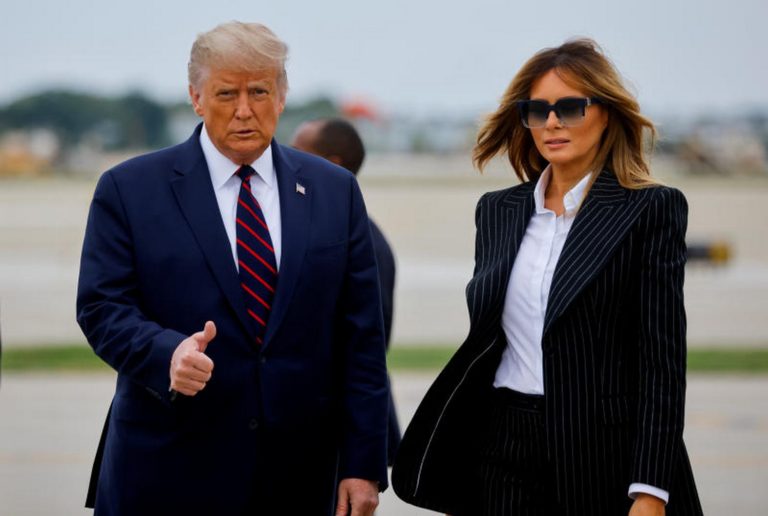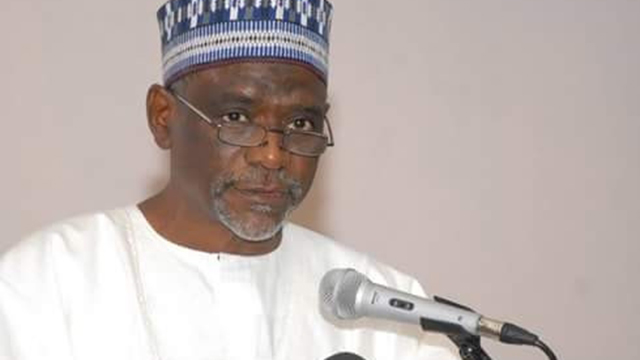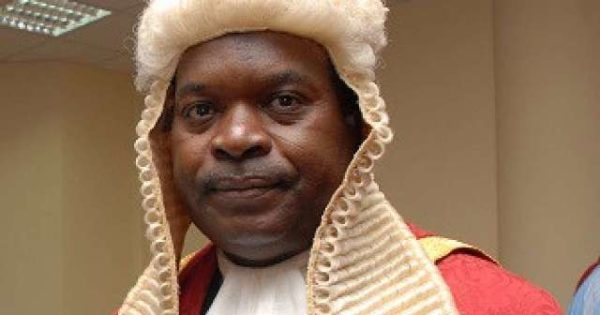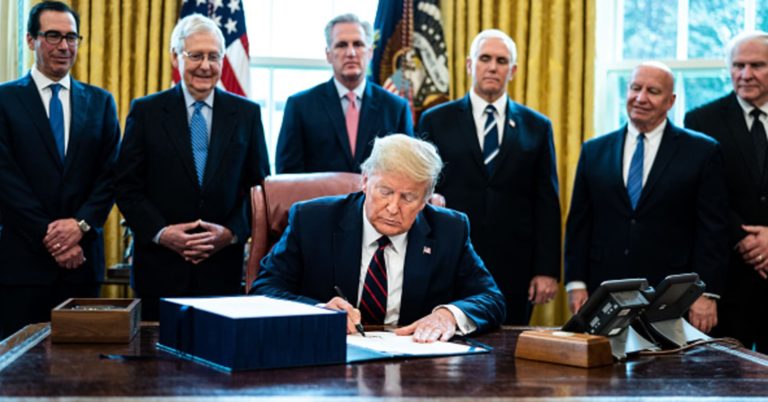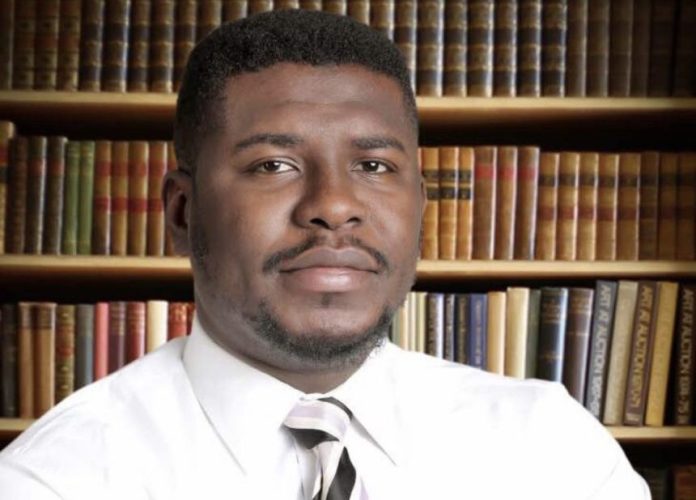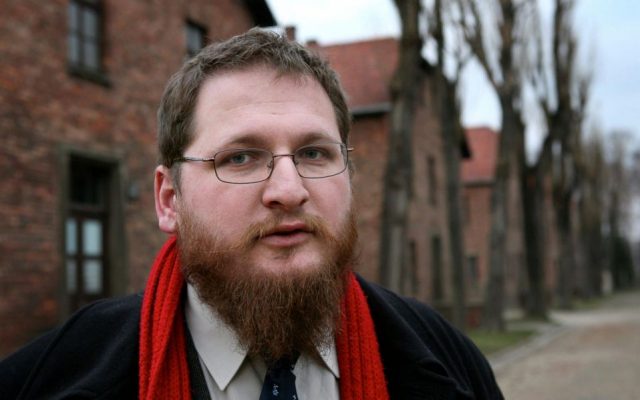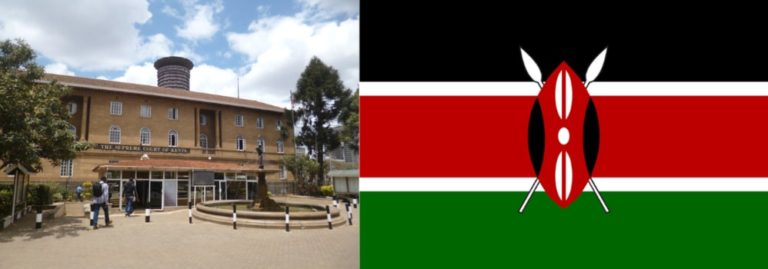ICC advisory committee says Justice Ishaq Bello lacks the knowledge of the workings of the court.
Justice Ishaq Bello, the only Nigerian nominated for election to the International Criminal Court (ICC) jury in 2020, may have fluffed the country’s chances after a poor performance in the assessment exercise.
The ICC, headquartered in The Hague, Netherlands, prosecutes international crimes, crimes against humanity, war crimes, genocide, and aggression by nationals of the 123-member countries.
President Muhammadu Buhari had in June nominated Mr Bello, the Chief Judge of the FCT High Court, for the contest. He was among the 20 nominated for the election scheduled for the 19th session of the assembly of states parties.
The assembly will be held at the United Nations, New York, from December 7 – 17.
According to the Rome Statutes, every three years, the Assembly replaces one third of its 18 judges by electing six new judges for non-renewable terms of nine years.
For candidates to be elected, they must garner two-thirds of the votes from the state parties.
As contained in the statement of nomination submitted to ICC, Mr Bello has served as a magistrate, legal adviser, deputy Chief Registrar of the Supreme Court of Nigeria), judge and acting chief judge.
More so, he had served on several bar and bench committees before his appointment as a member of the National Judicial Council (NJC).
“He has also held high-level positions, including chairing election petition tribunals and Presidential Committee on Prison Reforms and Decongestion (PCRD), among others. He is very familiar with the workings of the court, having led numerous Nigerian delegations to various international fora.
“Justice Bello has several publications to his credit, including papers presented towards advancing the judiciary. He is a member of several notable professional bodies. He is currently the Chief Judge of the Federal Capital Territory (FCT) High Court of Justice in Abuja, Nigeria.
“As Chief Judge, one of his core responsibilities includes supervisory authority over the court’s judicial and administrative functions. He is also responsible for the assignment of cases and in the process ensures that judicial work is equally distributed. His deep knowledge and practical experience of the Court, allied to his proven leadership skills, make him uniquely qualified as a judge of the International Criminal Court,” the Nigerian government said.
Assessment
Due to the challenges of the COVID-19 pandemic, which discourages physical meetings, the advisory committee on nomination conducted interviews via virtual means between August 12 and August 28 with the 20 candidates presented for the election.
Based on its standards, the candidates, after assessment, are graded under three levels: ‘Highly qualified’ – the candidate excels in terms of the experience and knowledge about the Court and its jurisprudence; ‘Qualified’ – the candidate has some relevant experience and knowledge about the court and ‘Only formally qualified’ – the candidate that meets the requirements set out in the Rome Statute for election as a judge but uncertain if the candidate could make a noteworthy contribution to the work of the Court.
However, according to its report, only nine candidates are “Highly Qualified” while three fall under the “Qualified” category and seven are ranked “Only Formally Qualified”.
Mr Bello belongs in the third category, the lowest before disqualification.
The committee noted that Mr Bello, although articulate and knowledgeable regarding criminal law and procedure at the national level, lacks the knowledge of the workings of the ICC.
“…based on his answers to questions particularly regarding participation by victims and the functions of the Pre-Trial Chamber (but also other areas), the candidate appeared notably to have a very limited knowledge of the Rome Statute, the practices and procedures of the Court and its jurisprudence.
“Based on both his professional experience as well as his answers during the interview. and bearing in mind particularly his lack of detailed knowledge of the workings of the Court, the Committee concluded that the candidate was only formally qualified for appointment as judge of the International Criminal Court,” the committee’s report read.
Dent on career
While Mr Bello’s poor rating and knowledge of rhe ICC may work against his candidature, he is best remembered in Nigeria for a controversial ruling that freed a police officer who ordered the shooting of six persons in 2005.
It was a sad case of extra-judicial killing of Ifeanyi Ozor, Chinedu Meniru, Augustina Arebu, Anthony Nwokike, Paulinus Ogbonna and Ekene Isaac Mgbe, popularly referred to as the ‘Apo Six.’
The judicial panel of inquiry found the police account that the victims were armed robbers to be false and recommended the officers involved for trial.
The five accused officers and eight other police witnesses testified that the then Deputy Commissioner of Police (DCP), Danjuma Ibrahim, ordered the killings.
After more than a decade of protracted court proceedings that left the victims’ families emotionally and financially drained, judgement was delivered by Mr Bello.
Two of the officers involved were convicted and sentenced to death on March 9, 2017, in a landmark judgment of the FCT High Court.
But the presiding judge, Mr Bello, said “there was not enough evidence to convict Mr Danjuma,” whom the police officers said ordered the shootings.
After the ruling, Mr Danjuma was reinstated and later promoted to Commissioner of Police and then to Assistant Inspector-General of Police (AIG).


